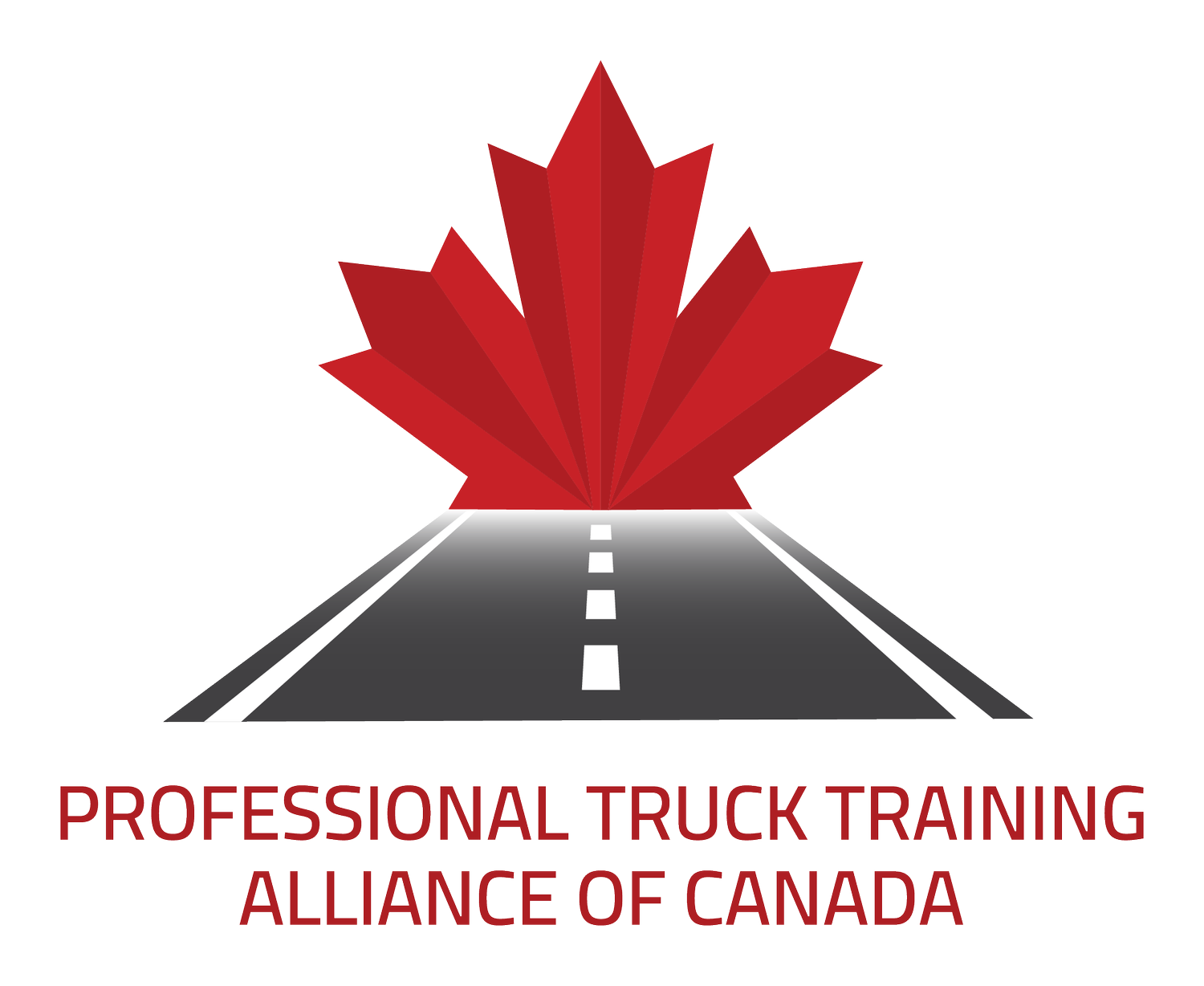Apprenticeships, education will launch truck driving into Red Seal occupation: PTTAC
Mike ‘Ace’ McCarron moderates the Professional Truck Training Alliance of Canada’s roundtable meeting in Mississauga, Ont. (Photo: Leo Barros)
Article written by Leo Barros, trucknews.com
Education about apprenticeships and buy-in from carriers, stakeholders and drivers will be key in getting the ball rolling to making truck driving a Red Seal occupation.
Attendees at Professional Truck Training Alliance of Canada’s (PTTAC) roundtable meeting in Mississauga, Ont., agreed that lack of funding and overt support from the industry are barriers that will have to be overcome.
The Red Seal program sets national standards for skills and knowledge within a particular trade. When these tradespersons complete their apprenticeship and pass a standard exam, they receive a Red Seal endorsement on their trade certificate.
Mike McCarron, partner at Left Lane Associates, who moderated the meeting, said safe carriers are also the most profitable. “Trucking might not be the most dangerous occupation, but might be the most deadly. You are driving an 80,000-lb. weapon down the highway,” he said.
Stephanie Shrum of the Canadian Apprenticeship Forum admitted that the Red Seal process could be frustrating, but other occupations have gone through it and are enjoying the benefits of apprenticeship.
Financial benefits of apprenticeship
“The financial benefits we saw in B.C., for every dollar spent on training, on average, the employer received back $1.36,” she said.
The first step in starting the Red Seal process is getting a lead jurisdictional authority. For example, it could be the Ministry of Labor, Immigration, Training and Skills Development of Ontario. Then four other provinces or territories would also have to be on board. An apprenticeship process would have to be showcased.
Mike Millian, president of the Private Motor Truck Council of Canada said industry should pay for the program. McCarron added that businesses should not rely on government funding.
Laying out competencies
Apprenticeship lays out competencies whereas completion of MELT (mandatory entry-level training) qualifies a person as a driver. “It is easy to regulate qualification, but hard to regulate competencies,” an attendee noted.
Millian said it would be helpful if a licence was awarded after meeting certain competencies instead of the present system in which the starting point is the driver’s licence.
McCarron stated that the trucking business is fragmented and buy-in from the not-so-reputable side of the industry would be important.
Jim Campbell, PTTAC chairman said, “Trucking companies are going to have to put some skin in the game.” He added that he formed the alliance because he grew tired of waiting for change. He called for louder voices to advocate for better training.

